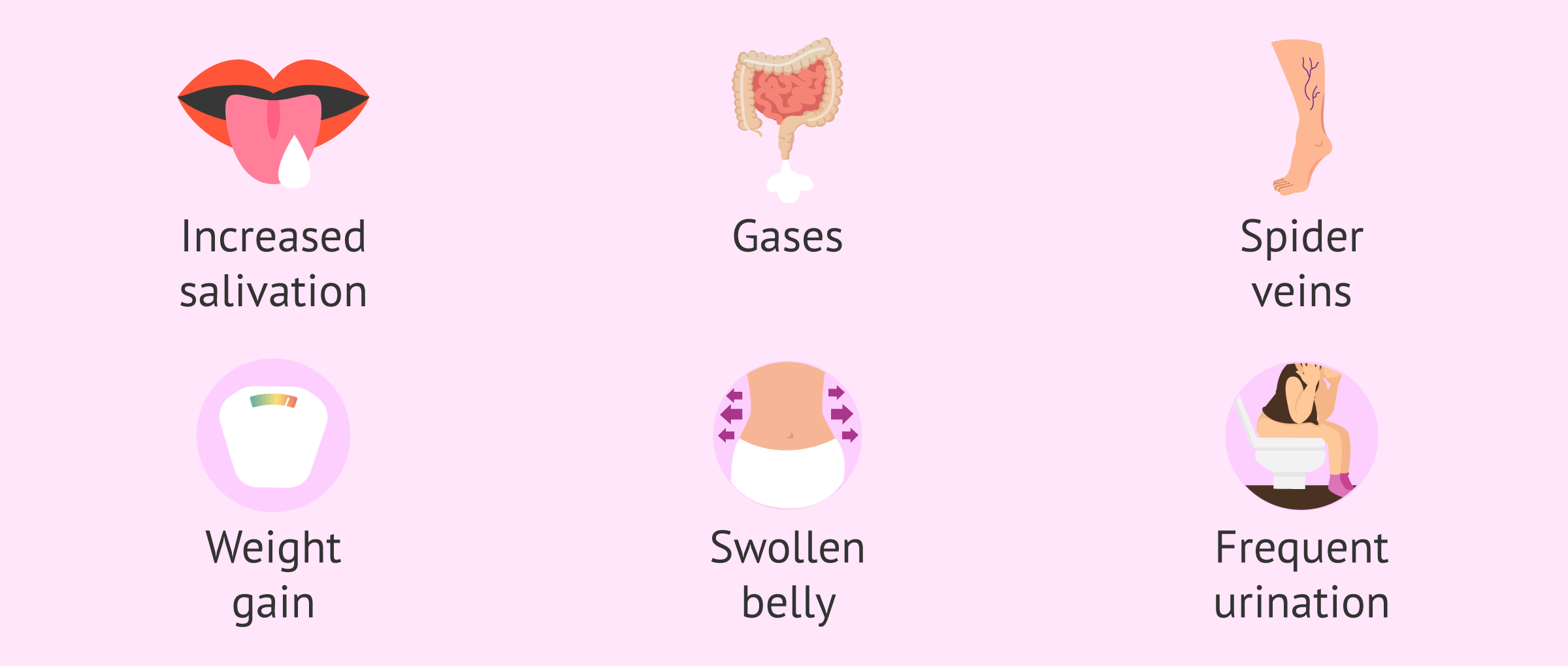
Pregnancy Symptoms at 10 Weeks: A Comprehensive Guide
Pregnancy is a transformative journey marked by a myriad of physical and emotional changes. As you enter the 10th week of your pregnancy, your body undergoes significant adjustments to accommodate the growing fetus. Understanding the common symptoms at this stage can help you navigate this period with greater comfort and confidence.
Physical Symptoms
1. Morning Sickness:
Nausea and vomiting, commonly known as morning sickness, often intensify during the 10th week. These symptoms typically peak around the 9th week and gradually subside by the end of the first trimester.
2. Fatigue:
Progesterone levels surge during pregnancy, leading to increased fatigue and sleepiness. Rest as much as possible and listen to your body’s cues for additional sleep.
3. Breast Tenderness:
Hormonal changes cause breast tissue to become more sensitive and tender. Wearing a supportive bra can provide relief.
4. Frequent Urination:
As the uterus expands, it puts pressure on the bladder, leading to increased urinary frequency. This symptom usually persists throughout pregnancy.
5. Food Cravings and Aversions:
Your taste buds may undergo changes, resulting in intense cravings for certain foods and aversions to others. These preferences can vary widely among women.
6. Bloating and Gas:
Hormonal fluctuations can slow down digestion, leading to bloating and gas. Eating smaller meals more frequently and avoiding gas-producing foods can help alleviate these symptoms.
7. Skin Changes:
Increased blood flow during pregnancy can cause your skin to become more sensitive and prone to pigmentation. Darkening of the nipples and areolas is also common.
8. Headaches:
Hormonal changes and increased blood volume can trigger headaches during pregnancy. Staying hydrated and getting enough rest can help reduce their frequency and severity.
9. Mood Swings:
Fluctuating hormone levels can lead to mood swings, irritability, and emotional sensitivity. Practice self-care and seek support from loved ones or a therapist if needed.
10. Back Pain:
As the uterus grows, it can put strain on the lower back. Maintaining good posture and using a pregnancy support belt can provide relief.
Emotional Symptoms
1. Anxiety and Stress:
Pregnancy can be an emotionally charged time, bringing forth feelings of excitement, anxiety, and uncertainty. It’s important to seek support from your partner, family, friends, or a therapist to manage these emotions.
2. Mood Swings:
Hormonal fluctuations can trigger mood swings, ranging from elation to sadness. These emotions are normal and usually temporary.
3. Difficulty Concentrating:
Increased hormone levels and fatigue can affect your ability to concentrate and remember things. Breaking down tasks into smaller steps and taking frequent breaks can help improve focus.
4. Sleep Disturbances:
Frequent urination, discomfort, and anxiety can interfere with sleep. Establish a regular sleep schedule, create a relaxing bedtime routine, and avoid caffeine and alcohol before bed.
5. Emotional Sensitivity:
Pregnancy can heighten your emotional sensitivity, making you more prone to tears or laughter. Allow yourself to experience these emotions and seek support from loved ones if needed.
Other Considerations
1. Weight Gain:
Most women gain 1-2 pounds per week during the second trimester. This weight gain is essential for the growth and development of the fetus.
2. Fetal Development:
By the 10th week, the fetus has grown to about 1.5 inches in length and weighs approximately 0.1 ounces. Its major organs and limbs are beginning to form.
3. Prenatal Care:
Regular prenatal appointments are crucial for monitoring your health and the baby’s development. Your doctor will perform a physical exam, check your weight and blood pressure, and discuss any concerns you may have.
4. Exercise:
Moderate exercise is generally safe during pregnancy. Choose activities that you enjoy and consult with your doctor before starting any new exercise program.
5. Nutrition:
Eating a healthy diet is essential for both you and the baby. Focus on consuming plenty of fruits, vegetables, whole grains, and lean protein. Limit processed foods, sugary drinks, and excessive caffeine.
6. Hydration:
Staying hydrated is important for overall health and well-being. Drink plenty of water throughout the day, especially if you are experiencing morning sickness.
7. Travel:
Traveling during pregnancy is generally safe, but it’s important to consult with your doctor before making any plans. Long-distance travel may require special precautions, such as wearing compression stockings and getting up and moving around frequently.
8. Sexual Activity:
Sexual activity is generally safe during pregnancy unless your doctor advises otherwise. However, it’s important to listen to your body and rest when needed.
9. Smoking and Alcohol:
Smoking and alcohol consumption are harmful to both you and the baby. Quit smoking and avoid alcohol throughout your pregnancy.
10. Medications:
Always consult with your doctor before taking any medications during pregnancy. Some medications may be harmful to the fetus.
Conclusion
The 10th week of pregnancy is a significant milestone marked by a range of physical and emotional changes. Understanding the common symptoms can help you navigate this period with greater ease and confidence. Remember to listen to your body, seek support from loved ones, and attend regular prenatal appointments to ensure a healthy pregnancy for both you and your baby.